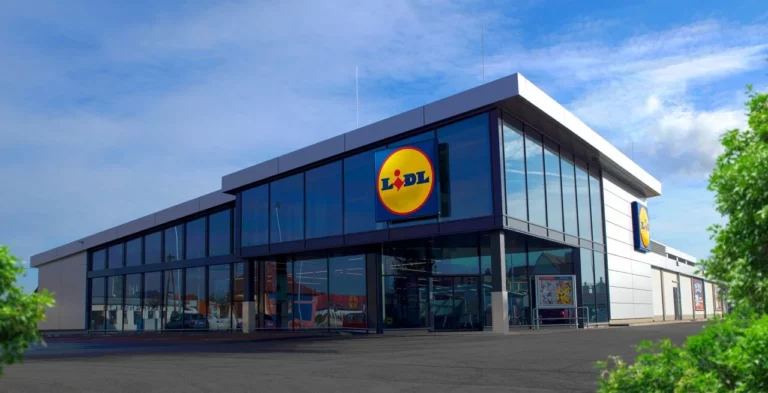trade
How to easily combine your life with trading
Sponsored content Suppose you're already investing your time and energy in the stock market and want to unravel the mystery...
Hungary, Georgia to promote one another’s companies

Shocking: price differences between Hungarian and German Lidl are huge

Latest economic data: surplus and trade deficit in Hungary – UPDATE

The latest data: Hungary’s trade deficit over 1 billion euro and PMI fell

Energy crisis: Kazakhstan to help Hungary?

Hungary July retail sales up 3.8 pc – UPDATE

Ambassador Munis: Malaysian-Hungarian relations are cordial and friendly – INTERVIEW

Shops are tricking the public to hide inflation in Hungary

Heading to China: freight traffic on the renovated Szeged-Röszke railway line resumes

Ambassador Salazar: Ecuador is not as far from Hungary as you might think – interview

Hungary prepared to help release grain stuck in Ukraine

Government’s development targets revealed for American entrepreneurs

Trade union: shops should close on Sunday afternoons in Hungary

The impacts of Bitcoin trading in Liechtenstein

Authority: EU hindering ‘legislation to protect youth’
Hungary's authority in charge of regulated activities (SZTFH) has launched a campaign against the illegal trade of e-cigarette Elf Bar...
Hungary’s industrial output up 3.1 pc yr/yr in April

Indo-Pacific Forum in Prague: ‘Global East-West cooperation needed’
Within Europe, the hope of cooperation between East and West has evaporated for the time being due to the war...




 ZH
ZH IT
IT DE
DE HR
HR NL
NL FR
FR JA
JA RO
RO RU
RU ES
ES TR
TR
